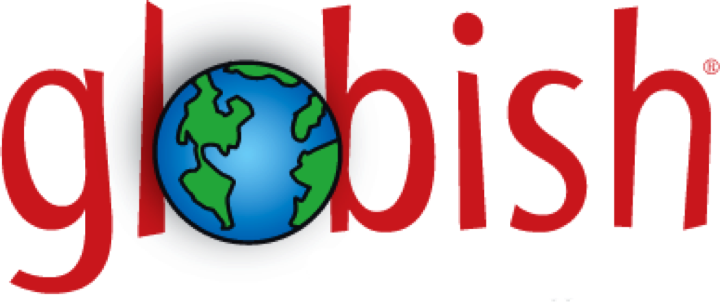Globish the World Over - in Globish
Chapter 1: Many, Many Languages
A hundred years ago, most human beings could speak two or more languages. At home they spoke a family language. It could be the language their parents spoke when they moved from another place. In many cases, it was a local variation of a language with different words and different pronunciations, what some people might call a dialect or patois. Most villages had such languages. People learned family languages, village languages and sometimes other languages without any problems.
A century ago, for most people the world was not very big, perhaps as big as their nation. They learned their national language and then could communicate with the rest of their world. Many nations had at least one official national language. Many people in their villages also felt a need to speak the national language, and they would learn that national language in schools.
National languages made nation-wide communication possible. In some cases these started as one of the local dialects and were raised to the status of national languages. Or sometimes one “family” was more powerful, and required everyone to speak their way.
Today, the communication problem is the same. Just the scale is different. A century ago, their world was their country. Now their world isâŚ. much more. Most people now speak a local language which is often their national language. Now they must communicate to the whole globe. (From English Next)

In this world, teachers say there are more than 6000 languages. In 45 countries, English is an official language. But not everyone speaks English, even where it is an official language. Only 12% of the global world has English as a mother tongue. For 88% of us, it is not our first language, our mother tongue.
We know that only 4% of international communication is between native speakers from different English-speaking nations - like Americans and Australians. So 96% of the international English communication takes place with at least one non-native speaker.
There is a story about a god and a Tower of Babel, where all men could speak to each other using just one language. In the story, he stopped the building of that special Tower. He said (roughly):
“Look, they are one people, and they have all one language. This is only the beginning of what they will do. Nothing that they want to do will be impossible now. Come, let us go down and mix up their languages so they will not understand each other.”
In the past, there have been many strong languages and attempts to create a common worldwide language. Some worked well, but some not all. The Greek language was used as the “lingua franca” in the days of the Romans. Non-Romans and others read the first Christian books in Greek. Modern Romans speak Italian, but until lately Catholics celebrated Christian ceremonies in Latin, the language of the ancient Romans.
French was the language of upper class Europeans for several hundred years. It was used for international government relations until 1918. Many thought it was clearly the best language for all international communication. Tsarina Catherine of Russia and Frederick the great of Prussia used to speak and write very good French, and made a point to use it with foreigners. A friendly competition took place at the king’s court in France in 1853 to find the person who used the best French. The winner was not Emperor Napoleon the Third, or his wife EugĂŠnie. Instead, it was the Austrian statesman Klemens Wenzel von Metternich.
About this time, in the Age of Reason, humans began to think they could do anything. Theydiscovered drugs that would cure diseases. They could grow food in all weather. Their new steam-ships could go anywhere without wind. So then some people thought: How difficult could it be to create a new language, one that would be easy and useful for all people?
Technical Words
- Chapter
- people divide large books into smaller chapters
- Dialect
- a different way of speaking a mother tongue
- Patois
- a way of speaking in one region
- Lingua franca
- a Latin word for a global language
- Pronunciation
- the way we say sounds when we speak International Words
- Planet
- a space globe that moves around the Sun

